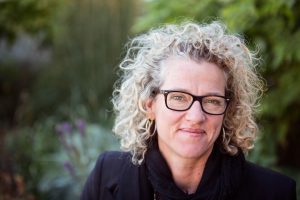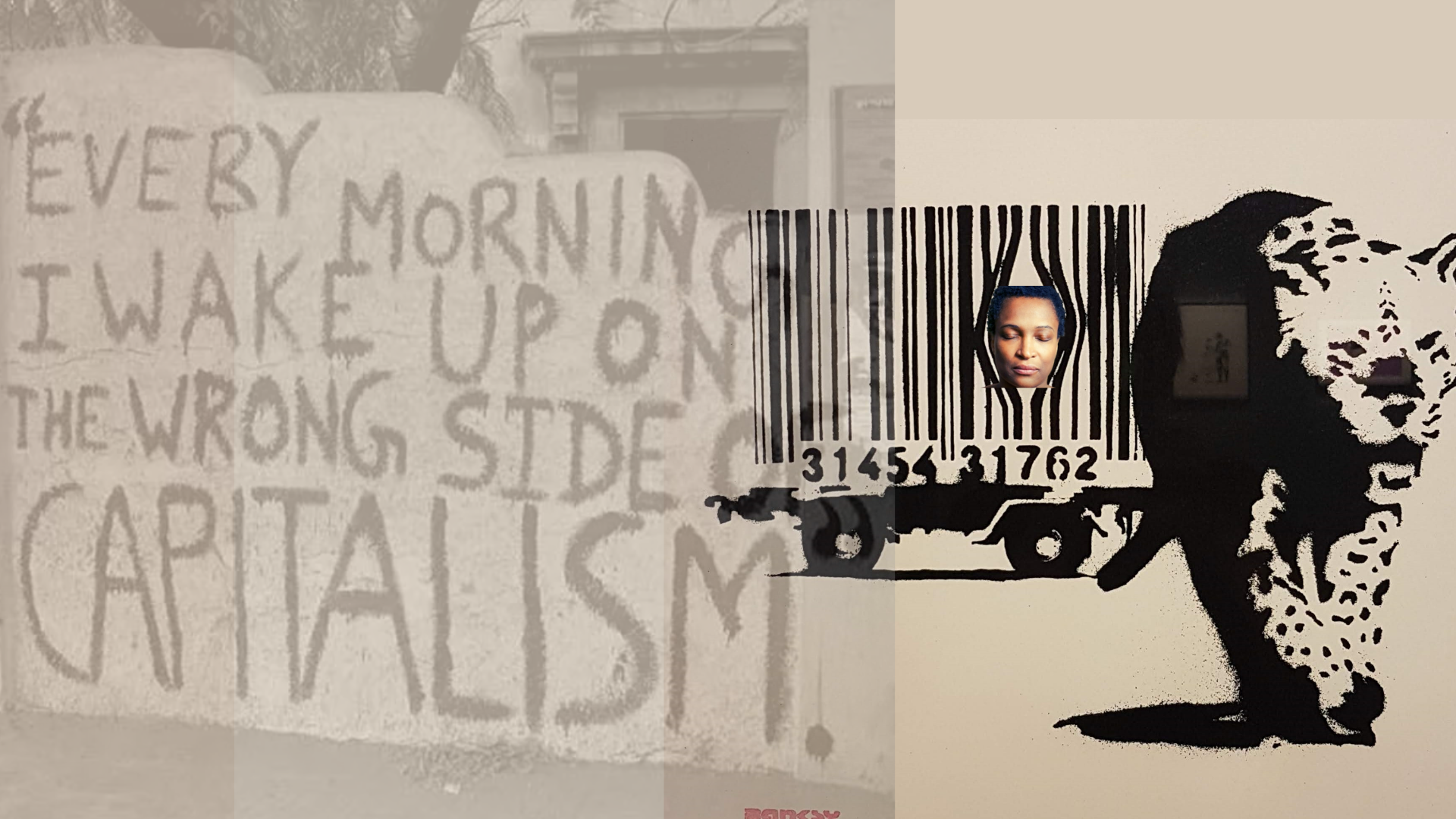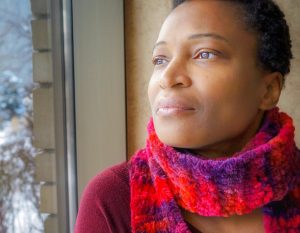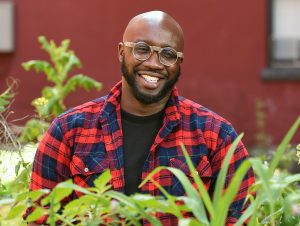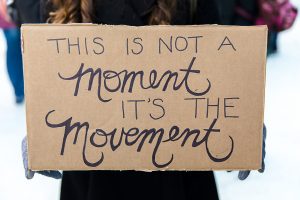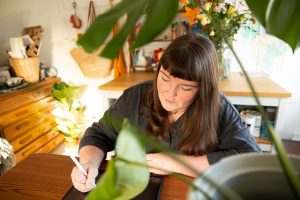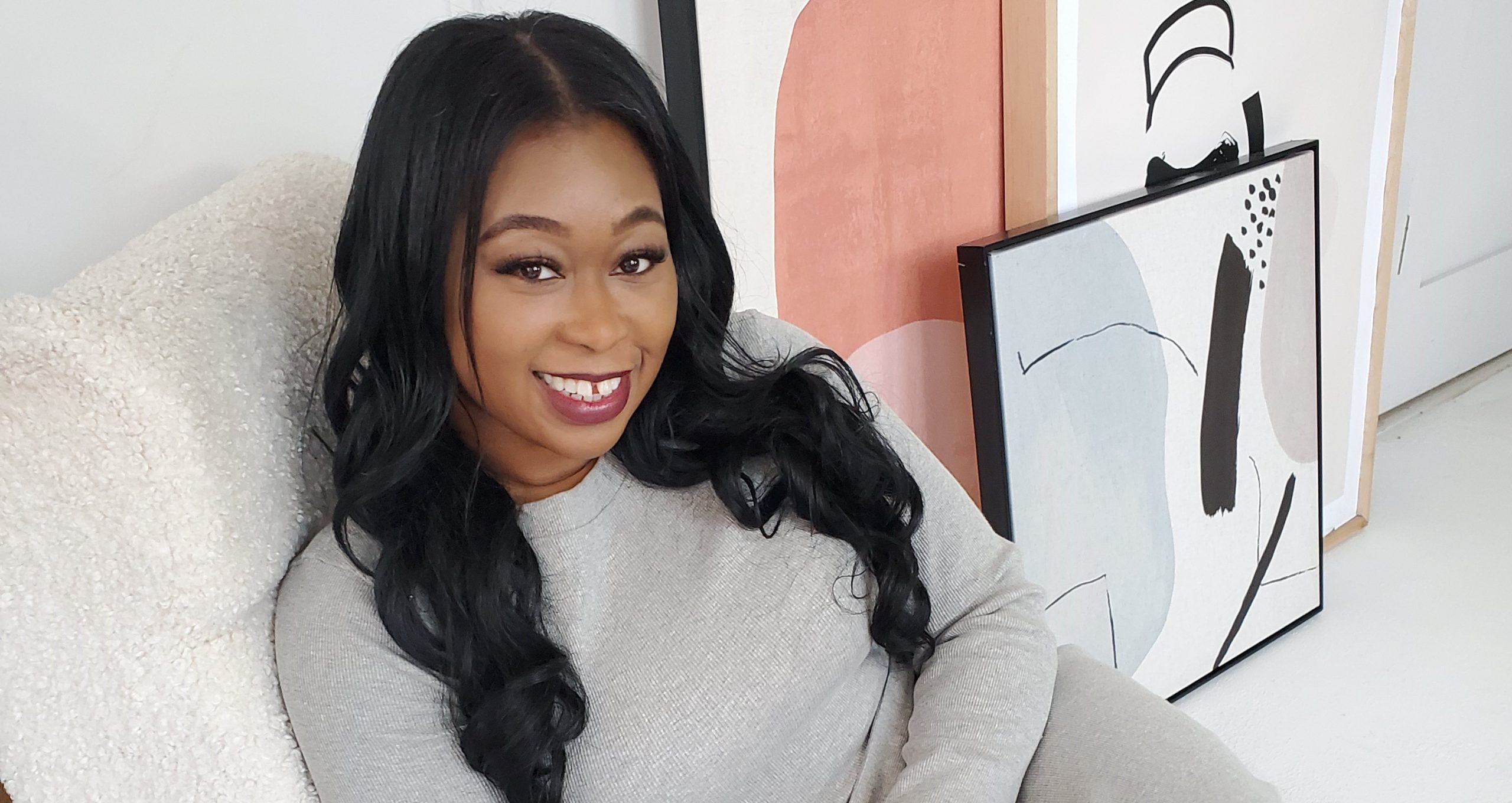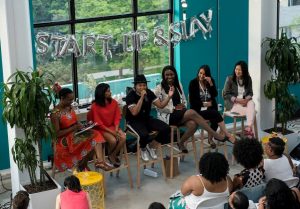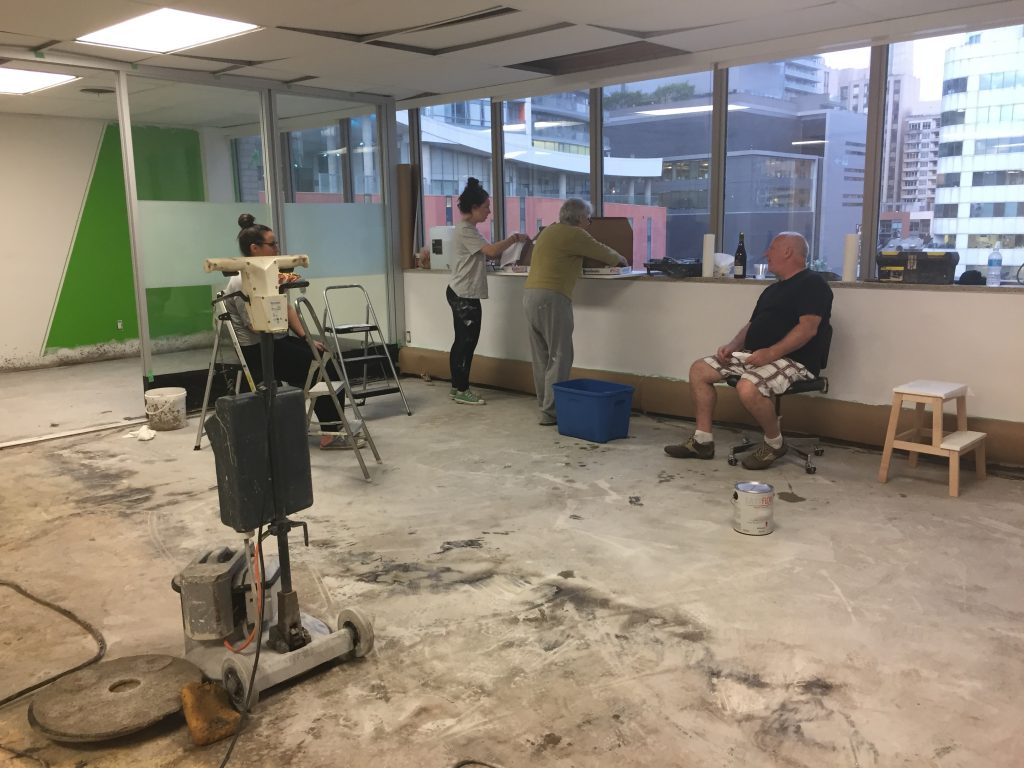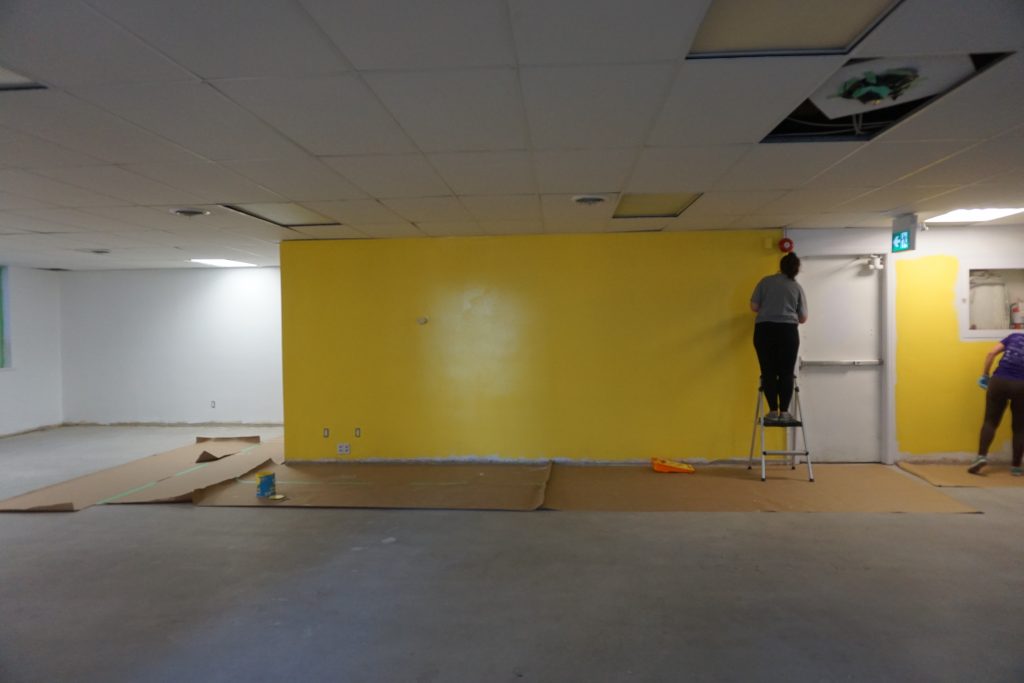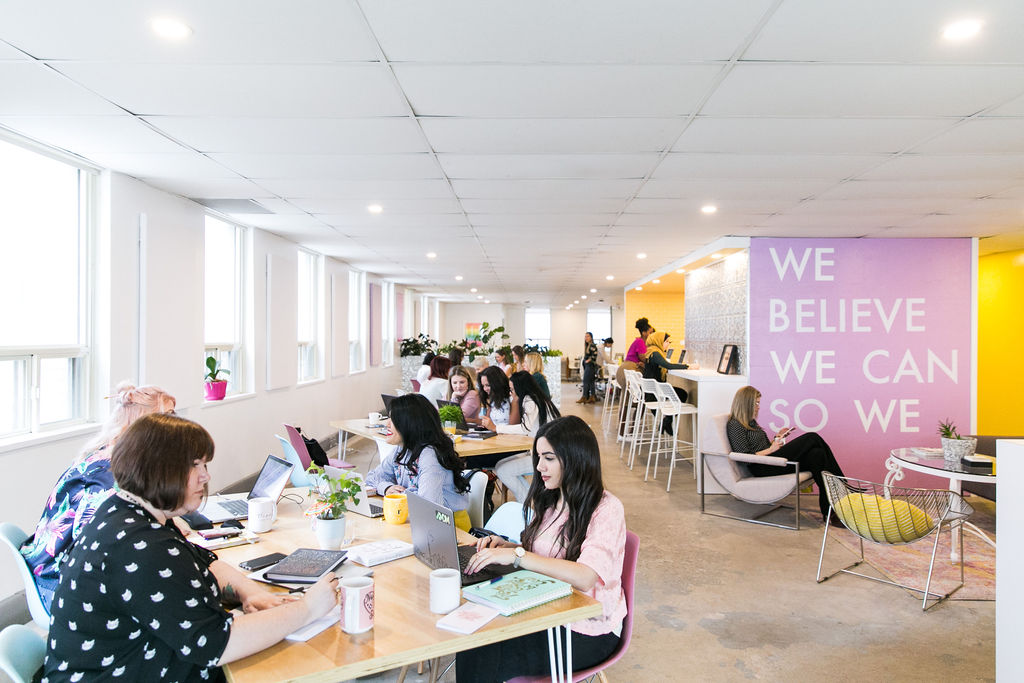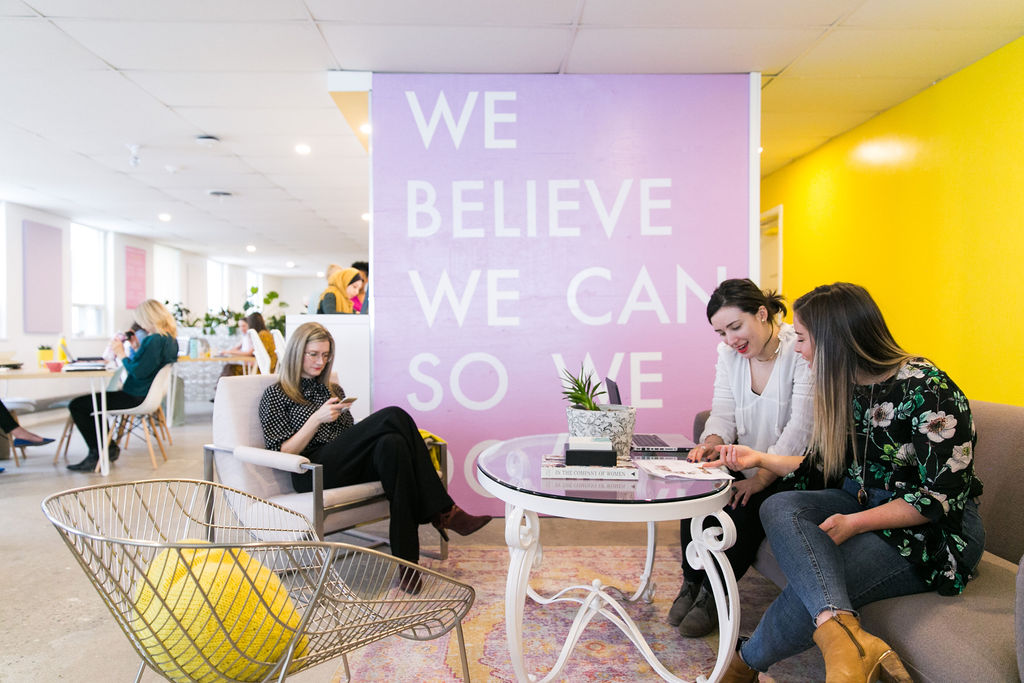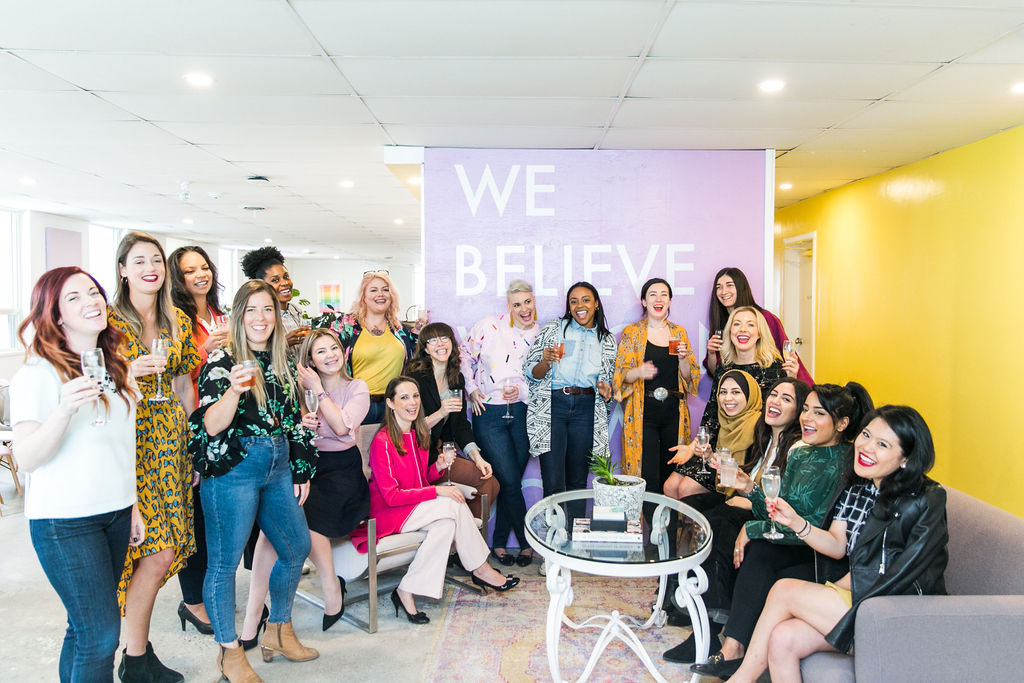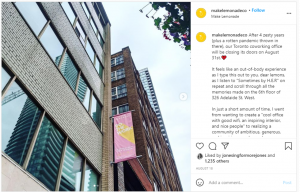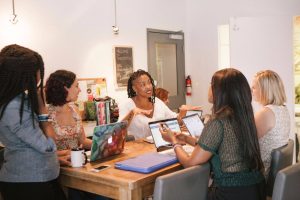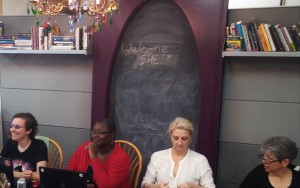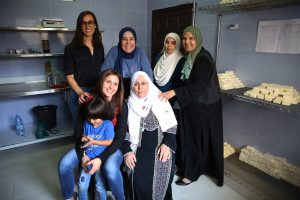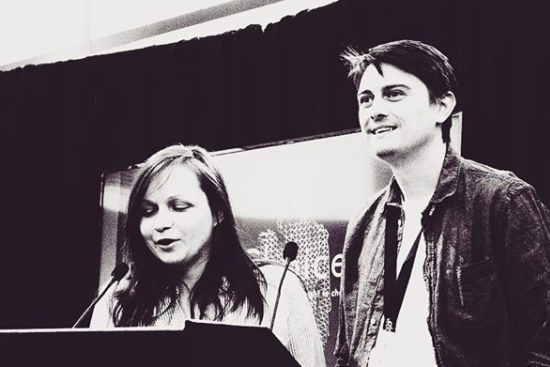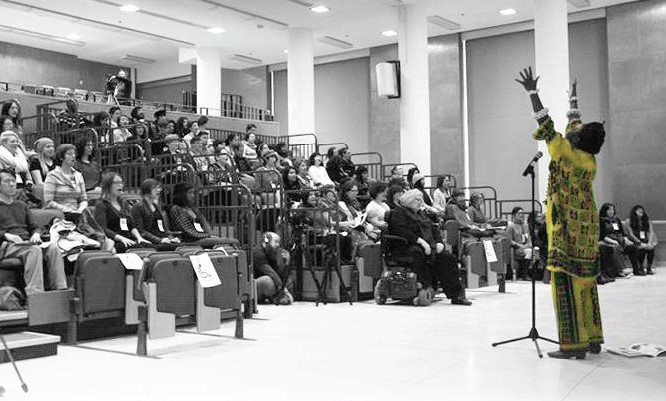
The post FitIn’s Marathon to Investor Funding appeared first on LiisBeth.
]]>The post FitIn’s Marathon to Investor Funding appeared first on LiisBeth.
]]>The post RADICAL IS BEAUTIFUL appeared first on LiisBeth.
]]>The post RADICAL IS BEAUTIFUL appeared first on LiisBeth.
]]>The post STRIKING THE RIGHT CHORD WITH WOMEN ENTREPRENEURS appeared first on LiisBeth.
]]>The post STRIKING THE RIGHT CHORD WITH WOMEN ENTREPRENEURS appeared first on LiisBeth.
]]>The post The OPS Collective – One Woman’s Vision, Many People’s Opportunities. appeared first on LiisBeth.
]]>The post The OPS Collective – One Woman’s Vision, Many People’s Opportunities. appeared first on LiisBeth.
]]>The post A More Accessible Future appeared first on LiisBeth.
]]>The post A More Accessible Future appeared first on LiisBeth.
]]>The post When Life Hands You Lemons, Make Lemon Aid appeared first on LiisBeth.
]]>The post When Life Hands You Lemons, Make Lemon Aid appeared first on LiisBeth.
]]>The post When the Obstacle Becomes the Way appeared first on LiisBeth.
]]>The post When the Obstacle Becomes the Way appeared first on LiisBeth.
]]>The post Projecting the Light appeared first on LiisBeth.
]]>The post Projecting the Light appeared first on LiisBeth.
]]>The post Why Experimental Cities Fail appeared first on LiisBeth.
]]>
On a hot summer July evening last summer, a few members of the LiisBeth team (Lana, Geraldine, Champagne) and I went to see a screening of The Experimental City, a 2017 documentary about the Minnesota Experimental City (MXC) project.
The MXC was a 1960s technology-led city-building project that sought to solve urban problems of the day (excessive waste, pollution, automobile congestion, lack of parks) by building a full-size Jetsons city on appropriated land from scratch, using the latest technology sourced from around the world.
Its lead visionary—engineer, futurist, comic strip author, and dean of the University of Minnesota’s Institute of Technology Athelstan Spilhaus—imagined a city with underground garbage recycling, lots of open parks, wilderness and farms, automatic highways, moving sidewalks, and waterless toilets. Fuelled by enthusiasm for the possibilities, a cadre of like-minded engineers, designers including geodesic dome inventor Buckminster Fuller, a newspaper publisher, futurists, politicians, and corporate leaders all decided take the techtopian idea from comic to concrete.
Despite years and significant spending on designs, plans, and site scouting, in the end the project never put a single shovel—or tree—in the ground.
We were interested in learning about the MXC because we are in the midst of planning our September 29 Feminist City Walk and Talk, an event dedicated to examining feminist approaches to city building.
Turns out watching the film was time well spent on several levels. The MXC story is not only a cautionary tale about techtopian projects in general. It is also a story about the limitations of patriarchal leadership styles.
When Product Trumps Process
The MXC plan was envisioned as an innovation experiment. Its unproven ideas girded by emerging technologies required a 60,000-square-foot sandbox and 250,000 real people living its experience in order to try things out, iterate, and try again until market-ready scale-up versions could be implemented elsewhere—for a handsome sum.
MXC was, essentially, a minimum viable product. Its citizens (in this case) were early-stage adopters. The play? To create new jobs and wealth for Minnesota by selling the experiment’s spinoff products and intellectual property (IP) that would arise out of the project. Partners and advocates included federal and state governments, the University of Minnesota, and the 3M corporation. The project’s all-male leaders were able to raise $250,000 from the US federal government and $670,000 (equivalent to $8.4 million today) from businesses to invest in the project plan.
It all sounded exciting and promising. There was just one problem: where to put it.
Eventually the group found a site—an unincorporated township in rural Minnesota with fewer than 2,500 residents (back-to-landers and rural folk). The assumption was that these residents would be pushovers and would be thrilled to see 60,000 acres of their pristine natural environment turned into a city of the future for a quarter of a million dollars. The pitch? Think of the jobs! Think of the economic development! Think of what we could learn! Think of the economic potential! Think of the profits!
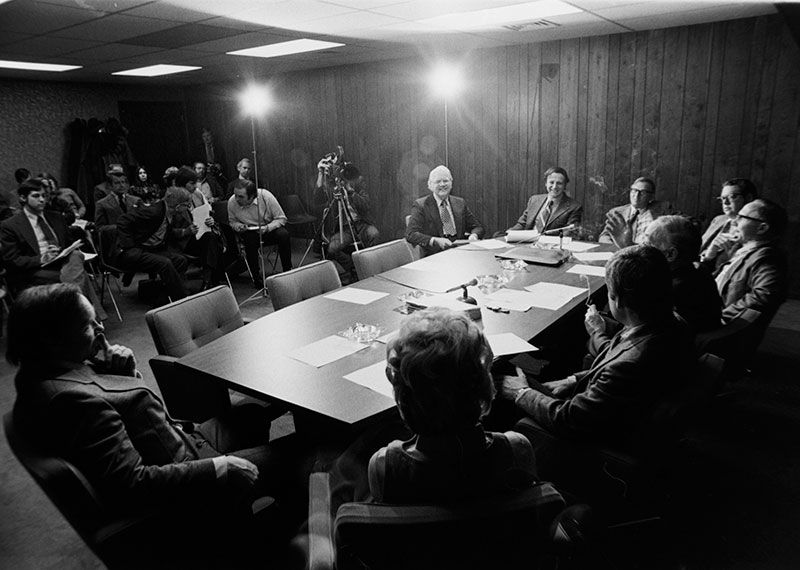
By now, this top-down sell story should start to sound familiar, especially if you have been following Toronto’s Sidewalk Labs‘ (this time the study cost $50 million) city-building project spearheaded by Alphabet (Google’s parent company) over the last two years.
As you know, Minnesota’s Experimental City was never built. They didn’t even get close. Why? As the documentary so clearly points out, its leaders and advocates prioritized product over process. They assumed a “trust us, we got this” and “father knows best” stance that was off-putting. Most importantly, they overlooked Mary Parker Follet’s 1920s feminist management wisdom by adopting a “power over” (exert authority) approach versus “power to” (develop agency and capacity to act in others) combined with “power with” (acting as expert heroes instead of initiators and sustainers of a collective process).
They also forgot Margaret Mead’s timeless lesson: “Never doubt that a small group of thoughtful, committed citizens can change the world; indeed, it’s the only thing that ever has.” This applies not just to those with power and influence, but also to those with little else but just cause, a point of view, and determination.

And what if, as feminist management scholar CV Harquail suggests, we shifted the eye of these stormy projects from a focus on economic development to a focus on citizen care?
Today, 80 percent of North Americans and 55 percent of humanity worldwide live in cities. We need to embrace both product and process innovations to make cities livable, sustainable, and safe. However, a patriarchal, top-down, corporate sales–oriented process that puts technology and corporate interests first is unlikely to succeed.
Projects like these, which involve a complex and large set of inter-independent stakeholders, require a deep understanding of the role of power, agency, co-creation processes, and fair and equitable distribution of benefits. It also requires the ability to inspire and take the time to create shared vision through the process of reflecting, learning and unlearning because every community is different. A colonial approach to selling this project might have worked in New York, but it would never fly in a place where citizens increasingly refer to where they live as Tkaronto as well as Toronto. These are all things feminist movement leaders are attuned to and know a thing or two about.
Lana, Geraldine, Champagne and I stayed for the panel session that followed which featured accomplished tech entrepreneur and out spoken Sidewalk Labs critic Saadia Muzaffar, and Sidewalk Labs supporter, Ken Greenberg, the former Director of Urban Design and Architecture for the City Toronto, author of Toronto Reborn, and adviser to Sidewalk Labs Toronto.
Trying to keep an open mind, and putting aside the fireworks examples of mansplaining that occurred, the panel discussion only served to confirm our views.
Patriarchal leadership styles which, by the way, know no gender, is like kryptonite when it comes to advancing complex, multi-stakeholder projects.
If the Alphabet (parent company of Google and several former Google subsidiaries) want to see projects like this succeed in the future, it may want to consider hiring fewer “father knows best” techno-determinists to lead these initiatives, and hire the real superstars at leading a collective process–a diverse team of feminist leaders–instead.
Publisher’s Note: This article was original published in August 2019 in LiisBeth’s newsletter.
LiisBeth is a 100% womxn-led/owned media enterprise focused on bringing forward feminist perspectives on current issues and supporting the work of creators, entrepreneurs, innovators and community leaders who are feminist. We are also 100% reader supported. Please consider a donation to help us do more! [direct-stripe value=”ds1577108717283″]
Related Readings
https://www.liisbeth.com/2019/09/24/feminist-in-the-city/
https://www.liisbeth.com/2018/11/27/creating-a-feminist-city-we-rise-by-lifting-others/
The post Why Experimental Cities Fail appeared first on LiisBeth.
]]>The post Time to Power Up appeared first on LiisBeth.
]]>
Arezoo Najibzadeh was only 23 when she was asked to share her insights before a Status of Women Committee investigating why women continue to be under-represented at all levels of government, despite increased participation. Even at that young age, the co-founder of the Young Women’s Leadership Network (YWLN) had been involved in politics for nearly a decade, and she kept hearing the same question, “Why aren’t women getting involved in politics?” But during that meeting, she realized the question should be, “Why aren’t women staying in politics?”
The committee’s final report offered a few answers: bullying, harassment, discrimination, biased media treatment, and lower rates of campaign funding.
“I’ve always been one to stand up and ask a question that makes everybody gasp,” says Najibzadeh, who says she experienced everything from sexist comments to sexual assault while working with various political parties. Now 24, she says YWLN offers the kind of help she wished she had then. “It would’ve made a huge impact on my life if I had it when I was 18 or 19, what I’m now providing for other people.”
The non-profit helps women and non-binary folks learn how to effectively engage as civic leaders in their communities and develop the political skills and support they need to compete—as well as reverse these grim statistics: The 2019 Canadian federal election saw more women elected to Parliament than ever before (98 in total), yet women still make up only 29 percent of federal members of Parliament. There are no women premiers in Canada and only one-fifth of Canadian mayors are women.
Ultimately, YWLN tries to help find answers to this question: what does it really take for us to put our names forward on a ballot or lead within our community? Its approach to doing so is anti-oppressive, intersectional, trans-inclusive, and feminist. Programs are free and open to everyone, while facilitators and speakers are paid for their time.
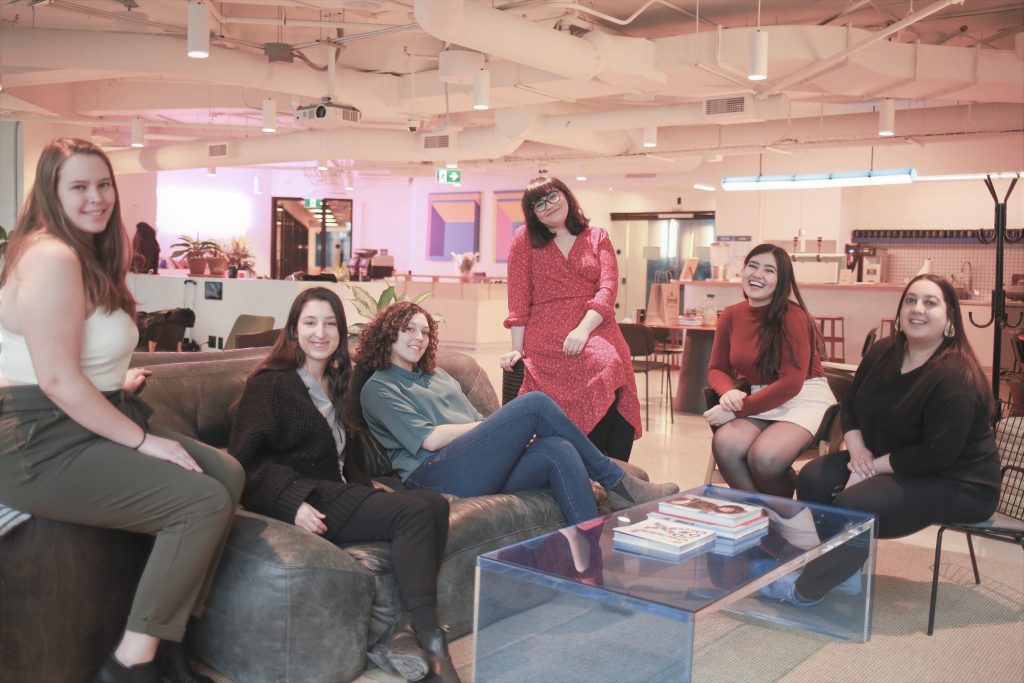
YWLN’s programming includes Framing Our Future workshops and events, which have included high-profile speakers such as former MPs Olivia Chow and Celina Caesar-Chavannes; and Chai Chats, which are more intimate conversations designed to provide community care for Black, Indigenous, and racialized women, and non-binary leaders.
In one Chai Chat session, climate-justice activist and community organizer Diana Yoon, who is Korean, queer, and a renter in Toronto, addressed questions like this: What does it look like when folks have to make difficult choices like quitting your job or taking unpaid leave to run for office when you don’t have a financial safety net? How do these different aspects of identity influence how you are treated when you become a candidate?
Riham Abu Affan discovered YWLN when she wanted to learn about policy-making and the Canadian political system but in a community group she could relate to. After seeing photos of YWLN’s events and reading the mission statement, Abu Affan says it felt like a space for her. In other professional and social settings, she says she unconsciously “dilutes” aspects of her identity—she is Sudanese and Moroccan, grew up in the United Arab Emirates before immigrating to Canada—but YWLN workshops and events became places she could go “as I am and still be able to follow a mission and work toward the cause.”
The first event Abu Affan attended didn’t have an immediately obvious connection to the political system—digital security—but it’s a pressing concern for women in leadership. Former Ontario premier Kathleen Wynne faced virulent sexist and homophobic online comments while former Alberta premier Rachel Notley was the target of insulting tweets and even death threats. Banff Mayor Karen Sorensen said in the Status of Women Report, “Any woman who has political aspirations that spends 10 minutes on Twitter following their female mentors may be simply afraid to run.”
YWLN wanted to address that fear by arming participants with the tools they need to protect themselves online. At the Digital Security 101 workshop, Digital Justice Lab director, Nasma Ahmed, taught Abu Affan how to protect her IP address while using a proxy server, how to turn off location settings, and how to keep passwords secure. “It’s nice to have an organization that caters to the things that we’re shy of saying we need,” says Abu Affan who, a year after joining, at the age of 22, found herself leading marketing and social media for a digital health startup in Toronto. She says YWLN played a significant role in helping her develop the confidence and leadership skills to take on that role.
To support intersectional women and non-binary individuals, YWLN developed an advisory council comprised of 11 active members who bring insight from diverse identities, experiences, and communities that YWLN is trying to engage in its work. Najibzadeh says it also enables different communities to “share ownership of the organization.”
At YWLN events, Abu Affan says she meets and hears perspectives from people of different backgrounds and gender orientations, a degree of diversity she hasn’t experienced in her other professional and academic spaces. “When we see the impact we [young women leaders] can make when we show up as we are, a ‘default mode’ I guess, you feel unstoppable,” says Abu Affan.
Through this group, Najibzadeh discovered the importance of developing relationships and trust with existing community leaders. “It’s a lot of learning and unlearning as we move forward,” she says.
Research is also a critical component of YWLN’s work. One study in 2018—“It’s Time: Addressing Sexual Violence in Civic Institutions”—surveyed 60 women politicians in Ontario and found that 80 percent of them either decreased their involvement or left politics altogether because of sexual violence they experienced.
YWLN provides a “direct line” survivors can call to speak to someone who understands the political spaces individuals need to navigate, whether as a campaign volunteer, staffer, or politician. To date, YWLN has offered around 120 survivors more than 250 hours of active listening and support. Najibzadeh says when she speaks to these women, sometimes their situation is so familiar that she’s able to complete their sentences.
It’s the importance of that work that keeps Najibzadeh going. She co-founded YWLN in 2017 (with Yasmin Rajabi who has since left the organization) and, after leaving Ryerson University in 2018, moved in with her parents so she could work on it full-time without pay. “It’s hard,” she says, but, “This is my livelihood, it’s something that is crucial.”
Initially, YWLN was funded by a two-year grant from the Ontario Trillium Foundation and, in 2018, received additional support from the Laidlaw Foundation, as well as in-kind resources from other organizations. With that funding now ending, YWLN, which is based out of Toronto’s Make Lemonade women’s co-working space, is looking for funding to support current programming as well as new programming with a greater focus on promoting community and supporting BIPOC leaders through Chai Chats in Toronto and Ottawa as well as addressing other under-reported barriers to political inclusion. Figuring out how to make the organization financially sustainable is key. “It’s hard to find people that want to put their money behind missions or movements that are challenging the status quo in a very big and very daring way,” says Abu Affan.
But Najibzadeh says it’s that work that makes them press on. “When you know you’re in the right, and you know you’re asking the right questions, there is no doubt that you should continue doing the work,” she says. “No one can stop you.”
Did you enjoy and find value in this article? Please consider helping us publish more of them! Liisbeth is an indie, womxn-led/owned media outlet. We depend 100% on reader donations. Please consider a contribution today! [direct-stripe value=”ds1554685140411″]
Related Articles
https://www.liisbeth.com/2019/05/30/the-revolutionary/
https://www.liisbeth.com/2019/10/29/from-feminist-leaders-to-feminist-leadership-what-canada-needs-now/
The post Time to Power Up appeared first on LiisBeth.
]]>


